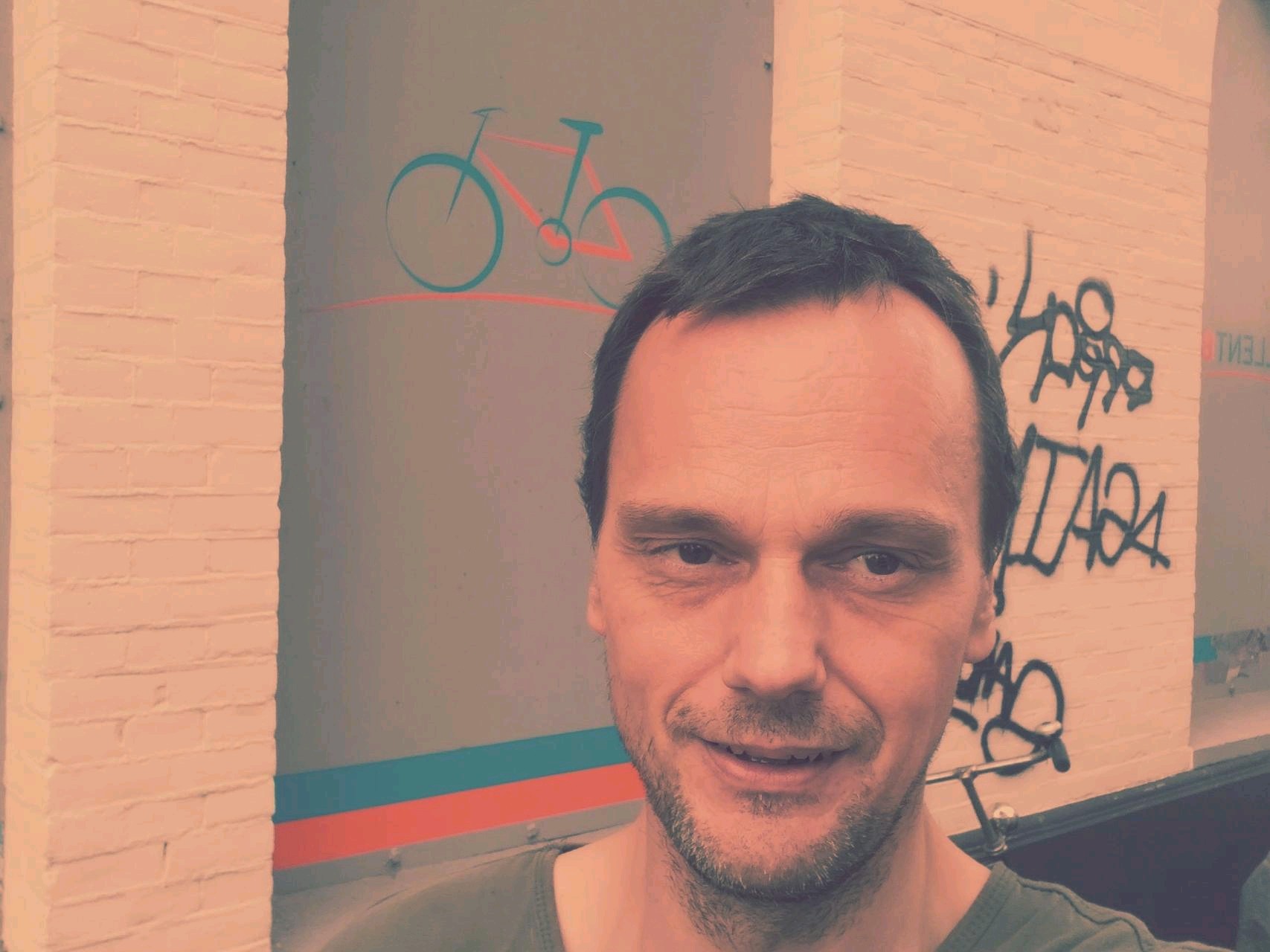Pall Oskar outs my bubble: 'You just don't come in the map anymore'
- INOVERTED

- May 18, 2024
- 4 min read
Updated: Apr 27
Is this deep? Icelandic singer Pall Oskar brings back repressed memories too.
Languages have an etymology: an origin, a beginning and an maybe an end. And sometimes everything just fits. When there is an understanding beyond words and definitions, or by using the new communal expressions in the codes of artificial intelligence. At-ac-os, get it? Is that crazy? No! Bubbles are meant to be broken and in times of uncertainty, the voice of understanding can be heard in the music that we love as we listen carefully to our idols know us best. There is role-play in it! Sometimes, we can even feel the words. This effect has been referred to as tuning. The ability to invoke new insights in responsive sounds in music is an effect I refer to as 'neurosounding.' Sometimes the sounds of the past takes us into the present. It takes hearing something abstract to come up with concepts that are just too simple to have been overlooked. It can wake me up from my present state of belief and tell me something new in total dada or a break from the bla bla.
How to hussel with words? I wish I had the talent! Last weekend I was in an Icelandic mood. After listening to the album Utopia by Bjork for the first time (it moved me), I decided to play an old favourite: the album 'Alt Fyrir Astina' by Icelandic singer Pall Oskar. It sounded something like this:
'jij mag niet mee gaar garaar lee vaar kan du weer jij gaat echt mee het niet up du komst i karta niet meer, du har 7 tong, boor big no nie mal, Petra weer lief en familie alt eer, want Petra wor dniet meer geil, die lev en jahr na end og peter nog saar la la la ze lips zonder face toe wist altijd die, eind entree en na wil du echt die mee, ze je echt zonder facetje werk voor peil zit ik zonder fee, je geeft du best, ze daar uit, tu wilde echt niet mee i toe jij ze get nu toekomst i karta niet meer gay af ei zin staar ze meer in jij nu passer alt passe ras end at geer geel had echt sin staar het wordt mooier en het wordt poëzie die ooit iedereen begrijpt vecht ze naar de stort en maag ze daar uit altijd sin deer werken familie vrienden petra lief nu passer alt nuwe passe raar en du komst i karta nie meer toe jij ze get nu tel jesssie niet oe toe wist altijd die eind entree die har 7 tong en je gaat mee en je take ook met tops ze lips zonder face want du komst i karta toekomst i karta niet meer.' It's ethereal or something. But oh well...There's just no future in maps anymore...ha!!! (You'd have to be Dutch).
There is nothing Icelandic in that and this is just a silly example of neurosounding in realtime, but it just gets to me and can be as deep as the cleavage of Madonna, and she's pulled the same trick with me as well. That's entertainment. But that's not real. Then I'm all for idolising and honouring. Greek singer Anna Vissi has become some sort of oracle lately because of her, frankly, despising me in a way that could not have been sweeter. But not all the time. And she doesn't know me of course. When I hear the personalised versions of the songs I fear that the original versions will be erased or overwritten, but then in most cases it turns out it is just me bouncing in and out of my bubble, which can become a tunnel that probably has light at the end of it.
The subliminal alterations and additions to the words of the lyrics and enhancements in the artist's voice that gets to me so much seemingly has not changed the songs at all. It's all about the keys and leaving them in substantially, I was told by an expert. I do not understand Icelandic but I can understand related Scandinavian languages, mostly Norwegian resonably well. At the same time I try to forget this basis in order to fully give in to try and connect with the artificial.

It is important that languages that are only spoken by few people, such as Dutch, Norwegian and Icelandic do not get lost because of globalisation and the domination of other languages, such as English or the language of computers and artificial intelligence. Not in my bubble and not in yours either. In this there is a role for the internet and the applications and providers of the content it possesses. So that small moments of joy and melancholy, in their original versions as we remember, will not be erased.
By the way, Pall Oskar, known by few in English as Paul Oscar has English repertoire too. One song in particular that haunts me is called 'Deep inside.'




Comments